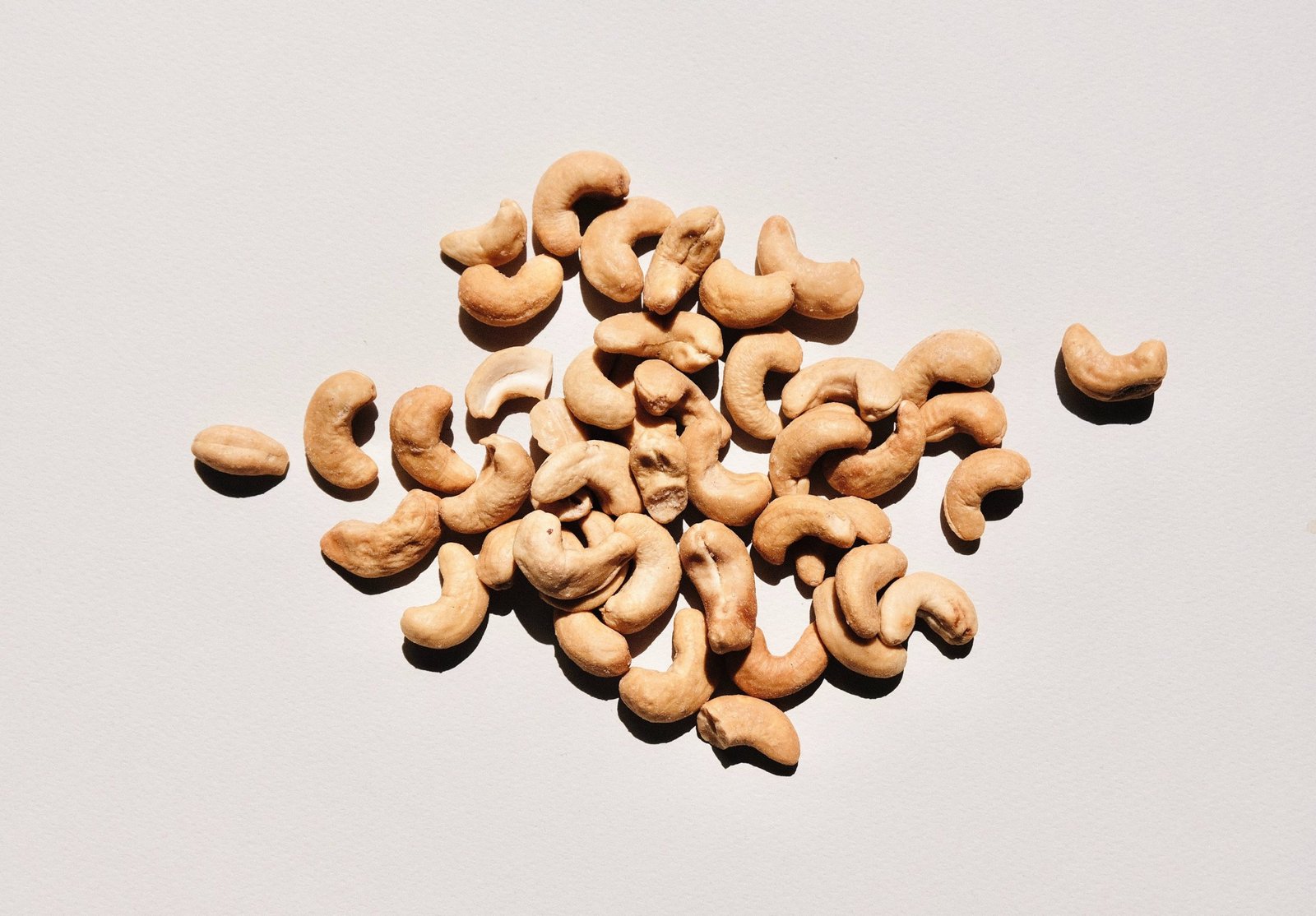HIGHLIGHT
- Some cashew exporters that have signed export contracts to Italy are at risk of losing hundreds of millions of dollars
- The collection bank in Italy received the set of documents but they are copies, not the originals
- Enterprises need to be cautious in international trade and take the initiative: Sell CIF instead of selling FOB
FULL ARTICLE
100 containers of cashews exported to Italy are at risk
According to initial records, through the broker of Kim Hanh Viet Company, a number of cashew exporters have signed export contracts to Italy with a number of hundreds of millions of dollars. However, although some containers have arrived at the port, the business has not received payment.
According to information from banks in Turkey and Italy, 02 sets of documents for collecting money from Vietnamese banks sent to the buyer’s banks all have changes in SWIFT number (bank identification number). After the buyer’s bank received the documents, they informed the buyer that they were not their customers and returned the above documents, but did not specify the method of return and at the same time did not provide the bill of lading number. In addition, Vietnamese banks that perform entrusted services for collection from businesses by D/P method have transferred the original documents to Italy; however, when contacting the buyer’s bank in Italy, they were told that they had received the set of documents but copies, not originals.

According to information from representatives of Vietnamese banks, they all send original documents through DHL. Currently, two hypotheses are proposed. In the first case, the original set of documents is lost in transit by DHL or DHL has completed its delivery but the documents are tampered with at the time of arrival at the bank in Italy. Up to now, the case has not come to a final conclusion, but there is a possibility that the documents were tampered with and appropriated before reaching the Bank. Thus, this is not a problem of payment methods, but a matter of deliberate interference and fraud, according to Mr. Tran Thanh Hai, Deputy Director of the Import-Export Department (Ministry of Industry and Trade).
Currently, exporters are worried because they do not know where the original documents are. Proving that you are the real owner of the shipment in case of loss of control of the original documents is not easy. Exporting businesses are at risk of losing everything because those who need to hold the original documents only need to go to the port to meet the carrier to receive the goods.
So what are the lessons learned from the biggest scam in the history of the cashew industry?
Risks when using D/P payment method
In commercial activities, there are also many different international payment methods. For agricultural goods, the current popular method, especially in dealing with the European market, is the Documents against Payment D/P method.

It can be seen that the seller has inadvertently created conditions for the buyer to make a fire through the loophole of the D/P method. When negotiating a contract, they may not have clearly verified the partner, or through a broker, the seller completely lacks information about the partner. This is likely the main reason for foreign partners to have fraudulent conditions.
Be cautious in international trade business
In the appraisal and inspection of buyers, businesses must be very thorough, through specialized agencies such as, trade, chambers of commerce in the host country to verify.
In addition, exporters in Vietnam must choose their own international payment methods and select bankers who are really experienced in this field. The nature of D/P, CAD or L/C are all collected through the bank, paying for the set of documents before receiving the goods, so in terms of documents, the safety is equivalent. Therefore, in international commercial transactions, in order to increase trust and share risks, the two parties can agree that the buyer transfers money in advance about 30%, the rest 70% pay by letter of credit (LC). With this payment method, when the goods arrive at the buyer’s port, there is a problem, the exporter can keep this 30% to cover the cost if they want to return the goods.

Businesses need to take the initiative: Sell CIF instead of FOB
A dilemma is often mentioned when Vietnamese enterprises have little experience as well as poor ability to deal with risks in the transportation process, so they often push all the right to hire transport to partners, only accustomed to receiving goods to the port (for import) or bring the goods to the port are not responsible (for export).
Therefore, in order to avoid risks like this, Vietnamese enterprises should gradually change, switch to selling CIF instead of selling FOB, gain the right to charter ships to be more proactive in grasping the movement schedule of goods.
Dang Tra My













